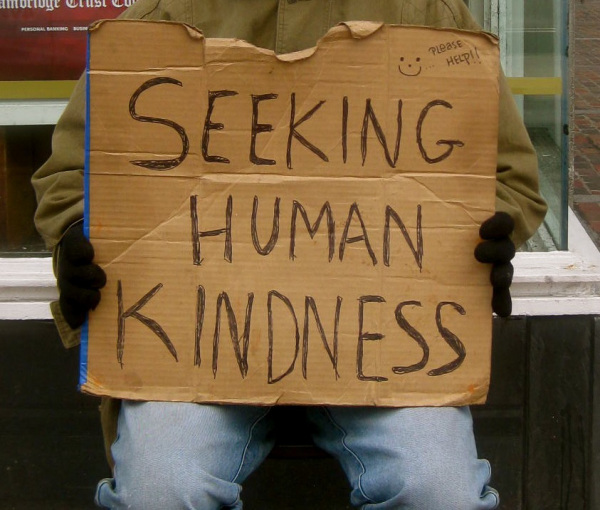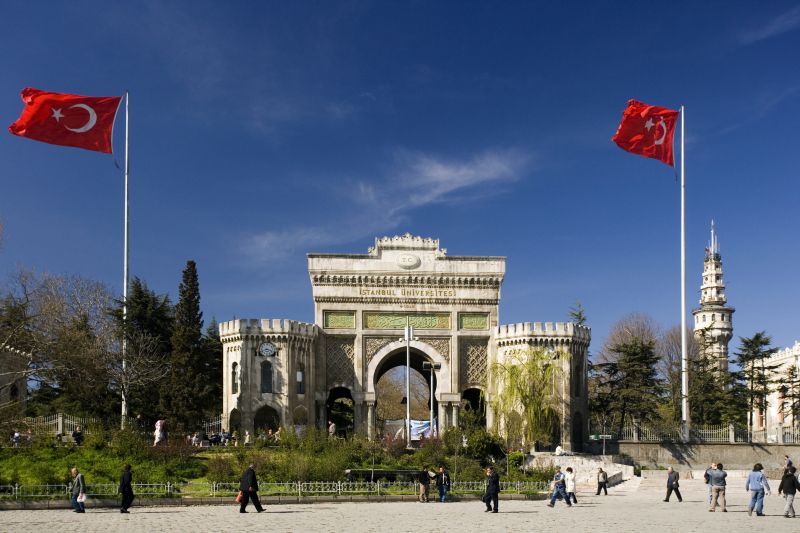Land of Armenians
Last week I returned to my hometown of Watertown, Massachusetts to visit my parents, to do research for my novel in the archives of the two English-language Armenian newspapers, and to attend a board meeting of the National Association of Armenian Studies and Research (otherwise known as NAASR). While skimming back issues for articles about the Lebanese Civil War, I found a small item in the Armenian-Mirror Spectator about myself: “Nancy Kricorian, a 9th-grade student at the East Junior High School in Watertown, was the winner of the recent Bicentennial Poster Contest and her poster becomes the official Town of Watertown Bicentennial Poster.” At the offices of the Armenian Weekly I fell upon an absolute treasure trove of reports about what was going in the Armenian precincts of Beirut during the Lebanese Civil War.
My parents and I had dinner on Friday evening at the Armenian Memorial Church’s annual fair, where I saw some old family friends and classmates. On Saturday when I walked two miles from my parents’ apartment complex to NAASR’s offices in Belmont, I passed a lawn sign that said, “No matter where you are from, we’re glad you’re our neighbor.” The message was printed first in Armenian, second in English, and third in Arabic. (I’m happy to report that because of my regular Armenian lessons I was able to read and understand the Armenian text.) On Saturday afternoon I stopped to pick up some fruit at Armenian-owned Arax Market, where I loved the Armenian conversations going on around me, and then I went to Armenian-owned Fastachi (they do mail order!) to purchase some nuts and chocolates for my family. I really hit peak East Watertown nostalgia on this trip, and felt deeply Armenian.
My compatriots are in the news lately. The New York Times ran a profile of Henrikh Mkhitaryan, “our midfield Armenian” who plays for Manchester United. Heno (his Armenian diminutive) is also called “the Armenian magician,” and you can see why if you watch this video of his breathtaking “scorpion kick” goal, which was ranked as the number one goal of the season. Forbes Magazine profiled Carolyn Rafaelian, the billionaire founder of bangle brand Alex and Ani. The Ajam Media Collective ran a piece about singer Seta Hagopian, the “Fairuz of Iraq.” Smithsonian Magazine featured an Armenian cosmetics company that is using ancient botanical recipes in their products. The Armenian Weekly posted a beautiful and moving tribute to Sarkis Balabanian (1882-1963), who risked his life to save hundreds of Armenian children during the Genocide. Michael Winship wrote a piece entitled “The Internet Won’t Let Armenia Go Away” that covers the propaganda war being waged by Turkey against The Promise, an epic Armenian Genocide film funded by the late Kirk Kerkorian.
Winship also mentions last week’s firestorm over Turkish President Erdogan’s visit to Washington, D.C. The meeting between Trump and Erdogan did not garner much press attention, but Erdogan’s bodyguards’ assault on peaceful protesters sure did. Around two dozen Kurds, Armenians, and leftist Turks, including young women, older people and children, had gathered to protest outside the Turkish Ambassador’s residence during Erdogan’s visit. Erdogan’s security detail with the aid of some right-wing counter-protesters violently attacked the protesters, leaving eleven people injured, nine of whom were hospitalized. There was some speculation, based on several videos, that Erdogan himself had ordered his bodyguards to attack the protesters. Everyone from the Washington Post editorial page to Senator John McCain weighed in. The Turkish government went on the attack, blaming the D.C. police for their ‘aggressive actions’ and demanding an apology from the U.S. government. It is almost laughable that the Turkish government, which spends millions of dollars in the U.S. each year for lobbying and propaganda, a great deal of it focused on preventing efforts at Armenian Genocide recognition and a good part spent on demonizing Kurds, has generated so much ill will in such a short time.
On the literary front, the Palestine Festival of Literature has just finished its latest season, and next month its tenth anniversary anthology entitled THIS IS NOT A BORDER will be published by Bloomsbury. Having participated in PalFest in 2010, I was invited to contribute to the anthology and wrote a short piece called “Stories from the Armenian Quarter.” In advance of the launch of her second novel (twenty years after the publication of her first novel THE GOD OF SMALL THINGS), Arundhati Roy was profiled in VOGUE. She will be doing a nine-city North American tour in support of THE MINISTRY OF UTMOST HAPPINESS. We will be going to the Brooklyn event at BAM.
On the film front, I will shamelessly plug two films produced by my spouse. If you haven’t already, you should watch Kitty Green’s brilliant, disturbing, and moving “hybrid documentary” CASTING JONBENET on Netflix. James has just returned from the Cannes Film Festival where Jean-Stephane Sauvaire’s PRAYER BEFORE DAWN, which will be released in North America by A24 later this year, received a ten-minute standing ovation at its midnight premiere.
And that’s it for my newsy news report (in which I have not until now mentioned glowing orbs, Russia, or cruelty budgets).
P.S. If you’d like to receive this type of post as a newsletter in your inbox, you can sign up here.
Nancy Kricorian
May 26, 2017









